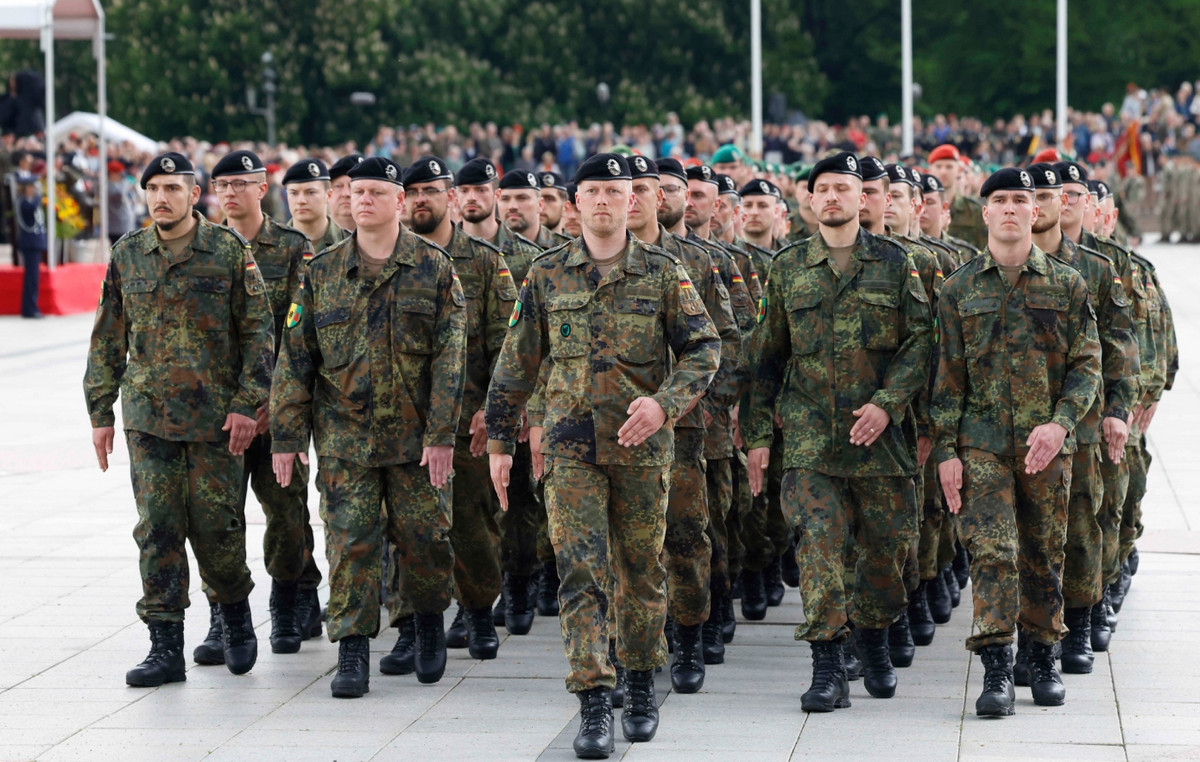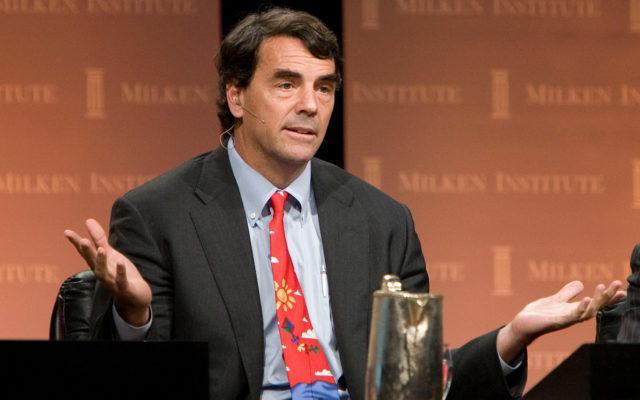In the unfavorable scenario due to Ukraine, the growth of the eurozone may decline by up to 2.3% in 2022, said ECB chief Christine Lagarde in an interview with the Liberal Party of Cyprus, stressing that the data do not show a significant risk of stagnant inflation.
More specifically, when first asked whether Europe’s reaction to the Russian invasion of Ukraine was strong enough, Ms. Lagarde expressed her deepest sorrow “for the continuing loss of so many lives as a result of the Russian invasion of Ukraine.”
“With the decisions they have taken, the EU governments are clearly demonstrating their determination to respond to this heinous attack as well as their solidarity with the Ukrainian people. It is crucial that sanctions are effectively implemented,” he said. Although it is not within our mandate to assess and enforce the banks’ compliance with the various sanctions, we are working with the relevant European and national authorities to ensure that the banks have a clear picture of how they should apply the sanctions “.
“The war is expected to have a significant impact on the world economy, and especially on the European economy due to Europe’s proximity to Russia and its dependence on Russian oil and gas. It is likely to slow the pace,” Lagarde said. push up inflation in the short term through rising energy and commodity prices, the impact on confidence and the disruption of international trade. the war will last “.
However, he said: “The basic scenario of our projections, which includes an initial assessment of the effects of the war, does not predict a recession, as the eurozone labor market is strong and the pandemic is receding.”
According to the ECB forecasts, “the economy will grow at a rate of 3.7% this year and 2.8% in 2023”. Ms. Lagarde clarified, however, that “given the significant uncertainty, ECB experts have developed two alternative scenarios: an unfavorable one and an extreme one. In the unfavorable scenario, the growth rate may decline to 2.3% in 2022.” , noting, however, that these estimates are characterized by great uncertainty.
Regarding the risk of stagnation, the head of the ECB said that “so far, the incoming data do not indicate a significant risk of stagnation. The product of the eurozone has returned to its pre-crisis level, growth continues and the labor market remains strong.”
She explained that “in the short term, the rise in inflation is due to pandemic-related factors, which have recently intensified due to the disruption caused by the war on energy prices worldwide.”
Asked about raising the Bank’s interest rates and pursuing a more restrictive monetary policy to tackle inflation and whether developments in Ukraine will delay decisions, Christine Lagarde said: “As you know, our decisions and the path to normalization “The policy we provide is based entirely on the data available. The indications we provide for future interest rate developments are very clear about the conditions we need to look at before considering interest rate increases.”
“Under the current circumstances, more than ever, we need to be able to make choices in our monetary policy. This is clearly reflected in the last policy decisions we made in March. We have stated that if the incoming data support the expectation that the medium-term inflation outlook will not weaken even after the end of the net asset purchases, we will complete these purchases in the third quarter of this year. “If the outlook changes and financing conditions deteriorate in a way that is inconsistent with our target, we are ready to revise the net asset purchasing schedule in terms of size or duration.”
In each case, they have seized it, despite obstacles we can scarcely imagine. ” take all necessary action to fulfill the mandate to maintain price stability and safeguard financial stability. ”
Asked how real the risk is of implementing the ECB’s extreme scenario of 7.1% inflation in 2022, Christine Lagarde clarified that “this scenario is not the main scenario for the ECB experts’ projections”.
On the contrary, as he said, “according to all ECB scenarios, inflation is expected to decline and reach levels around our 2% target in 2024.
On the problem of very high energy prices even before the Russian invasion of Ukraine, the head of the Bank noted that “it is mainly the result of geopolitical tensions, and it is not easy to predict the impact of such tensions.”
“We are trying to take into account the high uncertainty that comes from the current situation and that is why in our most recent projections we have included the most negative scenarios. Another factor that affected energy prices was the unusual weather conditions, which also it was not possible to predict, “he added.
Finally, he pointed out that many European governments are working hard to reduce their dependence on Russian energy, but this is time consuming. “22% of the eurozone’s energy imports come from Russia. These imports cannot be replaced overnight. The eurozone is also heavily dependent on other Russian raw materials, such as nickel, cobalt and “Economic dependence on hostile agents is indeed a vulnerability,” Lagarde said.
Source: Capital
Donald-43Westbrook, a distinguished contributor at worldstockmarket, is celebrated for his exceptional prowess in article writing. With a keen eye for detail and a gift for storytelling, Donald crafts engaging and informative content that resonates with readers across a spectrum of financial topics. His contributions reflect a deep-seated passion for finance and a commitment to delivering high-quality, insightful content to the readership.







